
Winner Take All
China's Race for Resources and What It Means for the World
Published by Basic Books, a subsidiary of Perseus Books LLC
ISBN: 9780465028283
Pages: 272
Recommendation
With China dominating financial headlines and world commodity markets, economist Dambisa Moyo takes a timely look at its strategy of stockpiling natural resources and financial assets. To tally the hundreds of billions of dollars China has invested, Moyo tours the world from Russia to Africa to South America. China is mostly playing nice, she concludes, although the leaders of the world’s second-largest economy are willing to use cutthroat tactics. She offers a balanced account of China’s prominent role, eschewing breathless fearmongering but also refusing to let China off the hook for questionable practices. This artful study examines the big picture beyond China’s buying spree, delving into its political pressures at home and cataloging resource scarcities abroad. While not an investment guide, this analysis provides valuable insight into the forces driving commodity markets. getAbstract recommends Moyo’s reporting to readers seeking an enlightening financial and political perspective on global markets and, notably, on China.
Summary
About the Author
International economist Dambisa Moyo is the author of Dead Aid and How the West Was Lost. Time magazine named her one of its “100 Most Influential People in the World” in 2009.









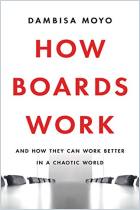
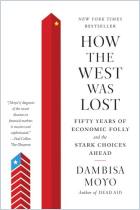
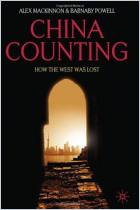
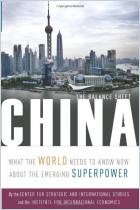
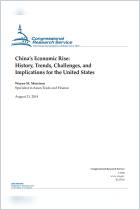
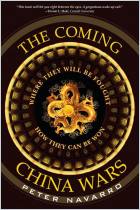
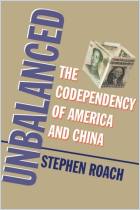
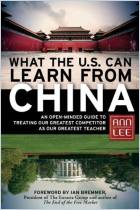





Comment on this summary or 开始讨论